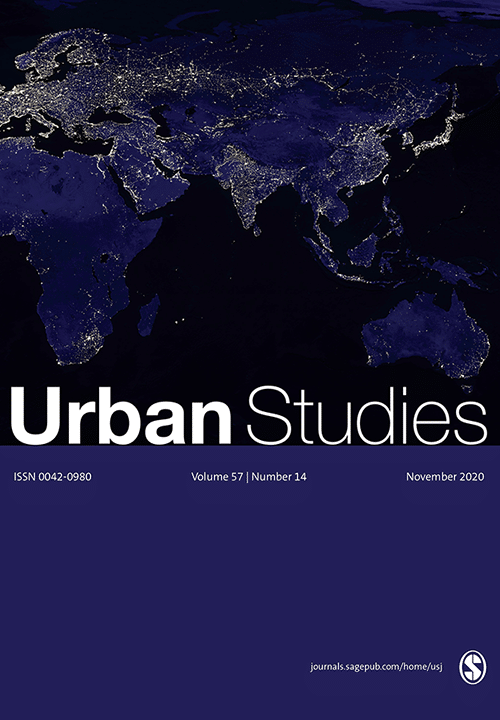A defining feature of planning is that it is informed by sound evidence. An ever more diverse range of decision support tools is available to help achieve this, a trend that is set to accelerate along with the rise of Big Data and Smart Cities.
At the same time, planning is frequently requested to improve the urban and environmental outcomes it helps deliver. This research draws upon intellectual resources from Science and Technology Studies, and empirical data from actors across the science–policy–practice interface, to analyse critically issues connected to the design, application and wider effects of calculative practices within planning. It finds that these practices selectively open up or foreclose discourses and play important political roles relating to ordering complexity and mitigating professional risk. They are also revealed as underpinning a stability and certainty within decision making that not only maintains the power of established calculative agencies but also serves to replicate an ideology of urban form that is in tension with more normative calls for change. More broadly, the findings help unsettle the planner and planning policy as the key agent able to change planning outcomes, which is instead revealed as more contingent on the political, institutional and professional culture, and the ways human and non-human objects align and combine to create internal stability when there are external calls for change.

















